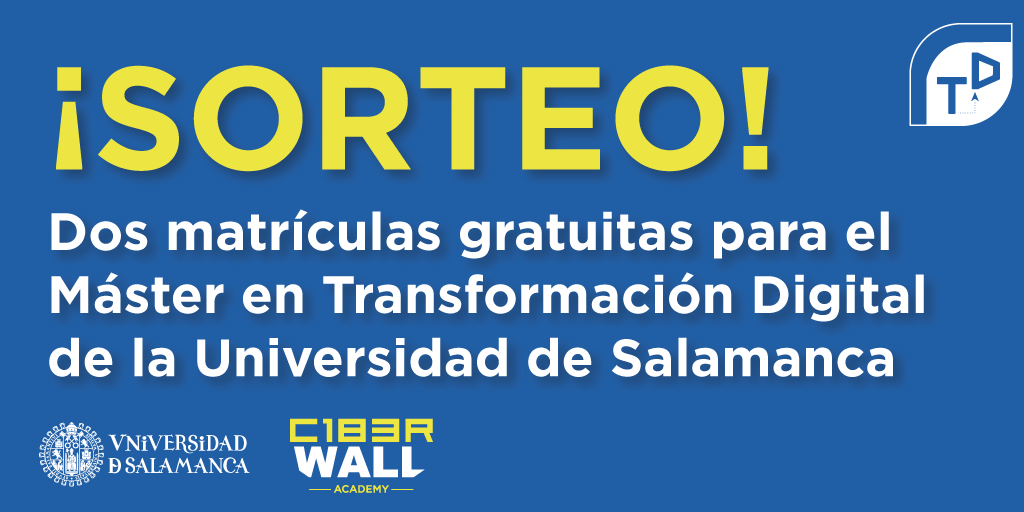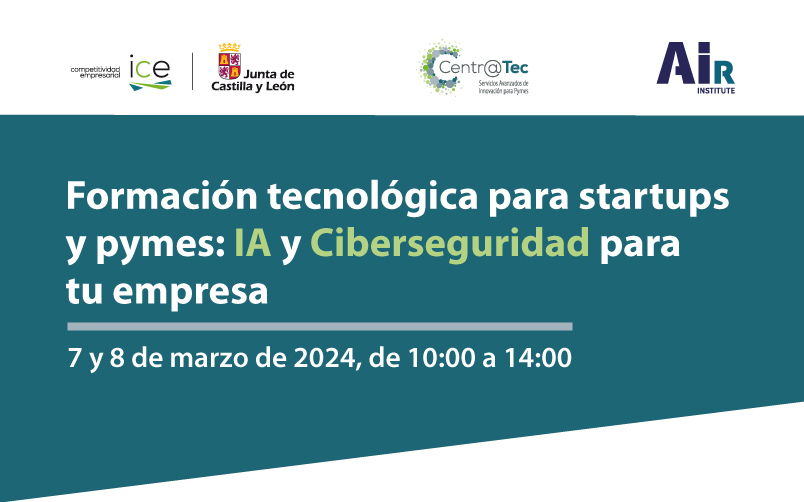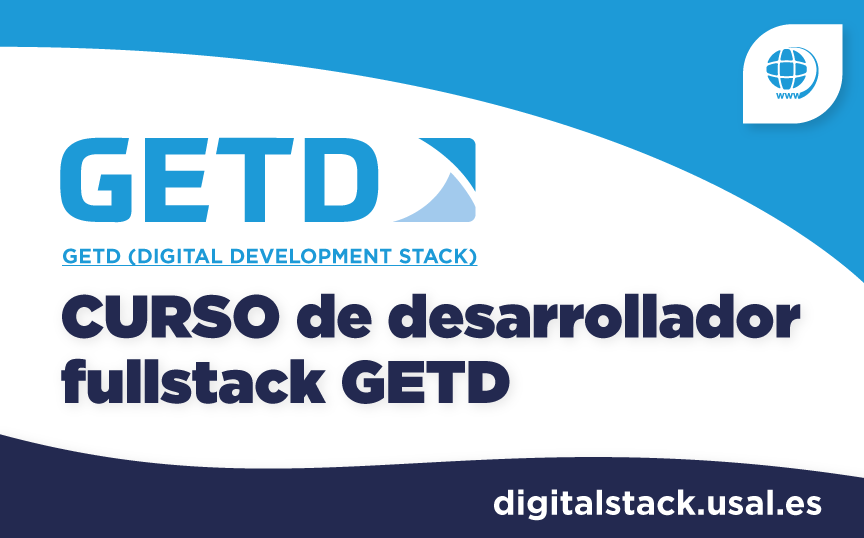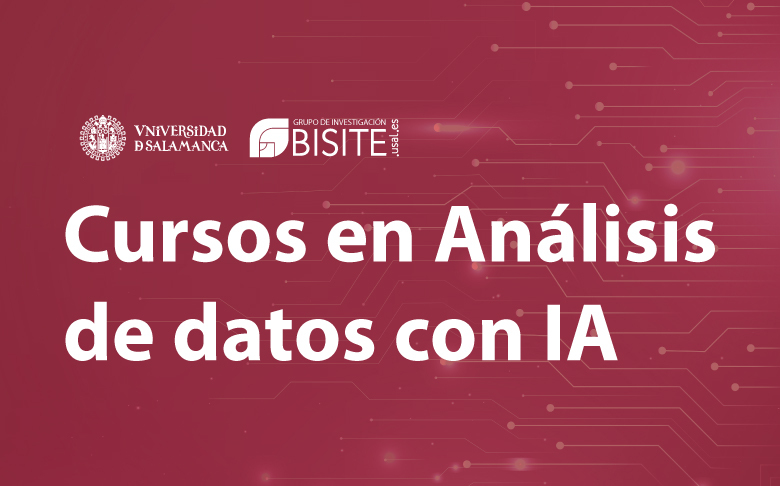An increasing number of organizations are opting for the incorporation of technology in all areas of their business which changes how they operate. Such a transformation not only offers great advantages, but also changes the employees' mindset and increases the business’ competitiveness on the market. Meanwhile, many other entities are falling behind and their profit margins are declining because they have failed to adopt these advances in their day-to-day operations.
The digital transformation emerged in the late twentieth century and has been advancing at a tremendous pace in the first two decades of the twenty-first century; this is known as the fourth industrial revolution that is developing faster and generating greater economic growth and impact on society.

This speed in its implementation is largely due to the needs of companies to adjust to the changing demands of their customers, since the emergence of the Internet and mobile phones have changed the way of relating to customers, who demand new ways of acting and responding. This transformation affects all internal and external processes of the company, such as marketing, brand development, staff recruitment, customer service, internal communications, etc.
Technologies applied in digital transformation
These innovations have led to new forms of production, new business models, new sources of revenue and new ways of interacting with customers. The most used technologies are listed below:
- Artificial intelligence: systems that can analyse multiple data sources and process them in an intelligent way, producing reports that contain information about the company's strategic decisions.
- Cybersecurity: detecting security breaches and keeping company data secure by protecting it from cyber-attacks through privacy and protection.
- Internet of Things (IoT): devices integrated with sensors, drones, smart garage doors, temperature controls in a cold room, smart watches, intrusion detection, etc.
- Blockchain: a type of network that facilitates the development of different technologies such as cryptocurrency, the use of a digital ledger that stores data of any kind or offers the possibility of digitally signing any type of sensitive information.
- Industry 4.0: involves the automation of manual processes and the incorporation of large databases to the production system, such as managing machines remotely, integrating them or introducing collaborative robotics.
The BISITE Research Group of the University of Salamanca offers customized training through its Master' Degree in Digital Transformation. Leading professionals teach students about key technologies in this area and opportunities for innovation in the company.
Moreover, students have the possibility of complementing their Degree with a Module on Digital Transformation as part of C1b3rWall Academy, which is free of cost.
By participating in the C1b3rWallAcademy's Digital Transformation Module students can obtain a free enrolment for the master’s in digital Transformation.

The conditions of the free enrolment draw are outlined at the following link: https://c1b3rwallacademy.usal.es/sorteo-master-transformacion-digital
If you have any questions you can contact us at formacionbisite@usal.es.




